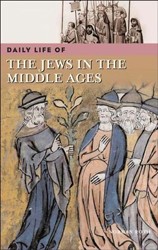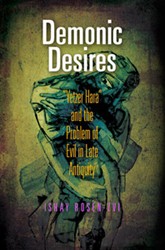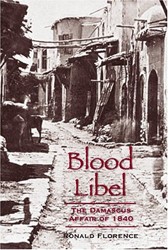In The Stakes of History, David N. Myers strives to demolish the ostensible conflict between history and memory. History that moves in the direction of pure fact, Myers suggests, misses opportunities to generate larger meanings and applications. History in the service of memory is likely to offer suspect compromises, to be overly and pointedly selective — perhaps, ultimately, to be not much more than propaganda.
The author’s introduction, “History, Memory, and What Lies in Between,” defines the intellectual playing field. Three numbered chapters identity three significant functions of history: “History as Liberation,” “History as Consolation,” and “History as Witness.” Myers microscopically explores how each function operates, its memorializing potentialities, and — by implication at least — its limitations. The stream of references within the discussion, including some to oppositions among scholars of history, sharpens and textures the issues.
But wait: “Jewish History” is part of the title, and Jewish historians (as well as non-Jewish explorers of the Jewish past) are pieces that the puzzle-maker brilliantly shuffles. Some will feel that it takes too long for the specifically Jewish face of Myers’ intention to show itself.
The author makes references to modern ethnic and national conflicts to underscore the old cliché that history is largely written, and memory largely shaped, by the winners. But it’s the losers (lucky to be survivors) who are most needful of the liberation, consolation, and witness that history affords. In his concluding chapter, Myers brings the reader more fully into the Jewish dimension of his concerns. Which history of the tragic Arab-Israeli saga will prevail? Which memories will be implanted in the future?
While this densely packed volume is aimed primarily at scholars of history and historiography, Myers has kept the non-expert reader in mind by offering just the right amount of thematic repetition and exemplification. The structure of his book, designed with a profound sense of purpose, leaves readers waiting for this near-resolution. The payoff goes beyond the wonder of the author’s erudition and his inspired, though still academically flavored, prose.
Philip K. Jason is professor emeritus of English at the United States Naval Academy. A former editor of Poet Lore, he is the author or editor of twenty books, including Acts and Shadows: The Vietnam War in American Literary Culture and Don’t Wave Goodbye: The Children’s Flight from Nazi Persecution to American Freedom.




